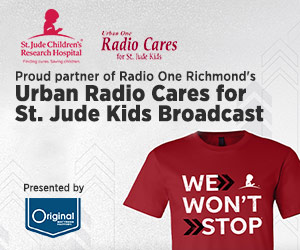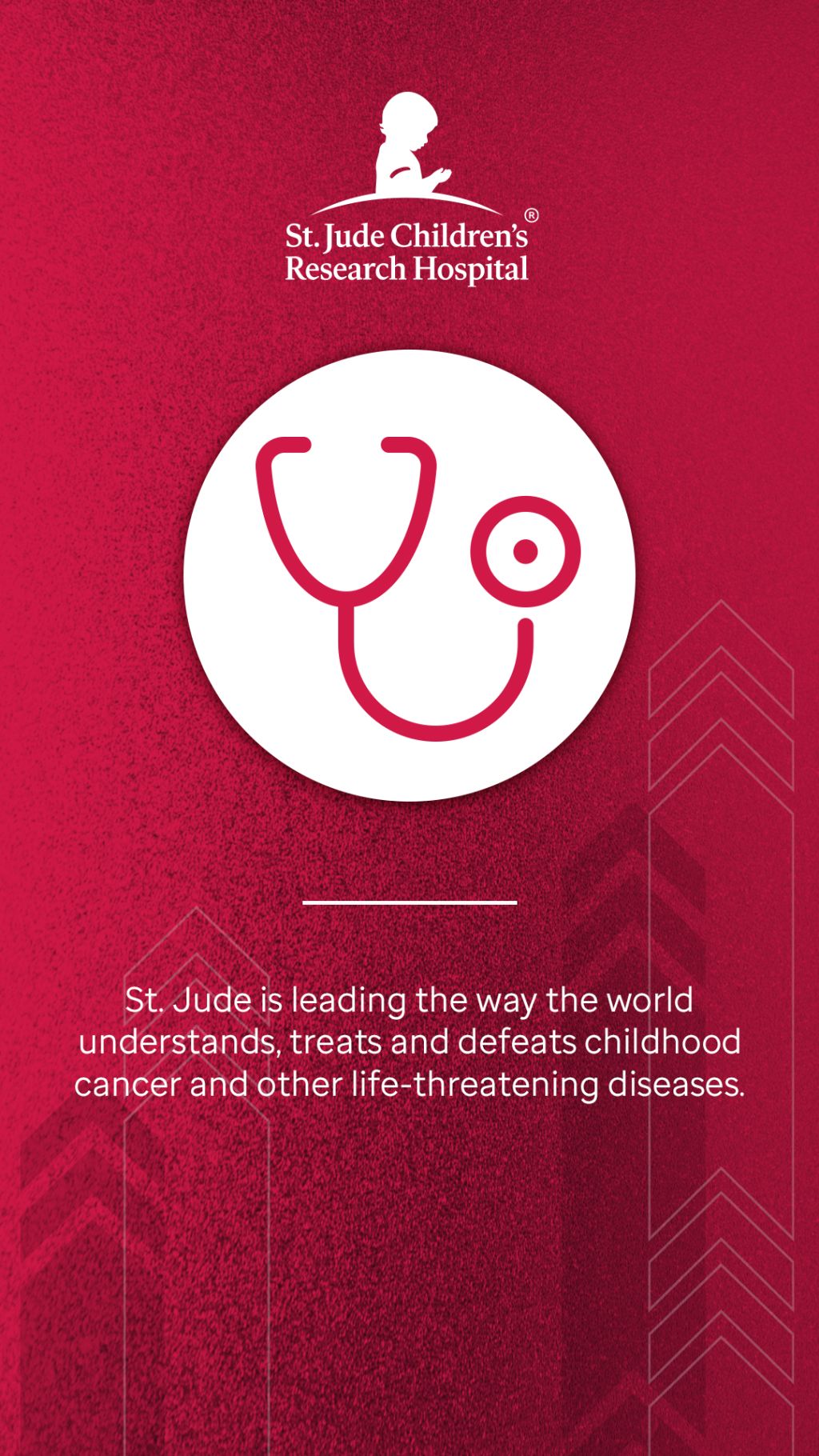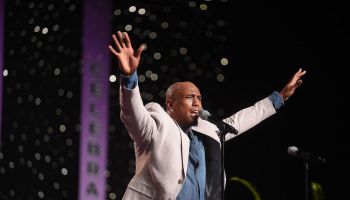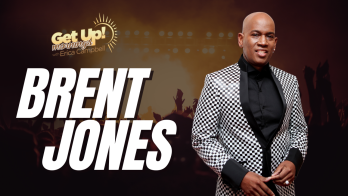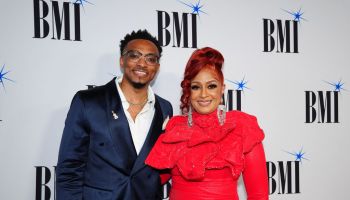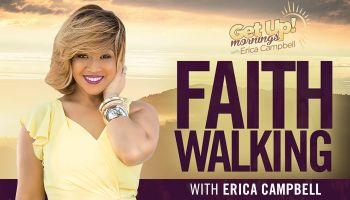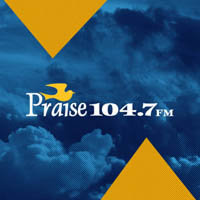ebola
More ABC news videos | ABC Health News The second Dallas nurse to develop Ebola may have known that she was already showing symptoms when…
One Republican congresswoman wants to keep anyone that’s been to West Africa out of our country. Rep. Cynthia Lummis said during a recent debate that…
One Liberian woman has done the seemingly impossible as she successfully treated her family for Ebola without getting infected herself. Fatu Kekula single-handedly nursed…
On Thursday, CDC Director Dr. Tom Frieden made the following statement about the current Ebola outbreak: In the 30 years I’ve been working in public health, the…
The Ivory Coast is the world’s largest producer of cacao, the raw ingredient in chocolate and Ebola is becoming a problem for them, too. The…
A new case of Ebola has developed in Dallas among the healthcare workers that treated Thomas Eric Duncan before his passing. Despite the use of…
Liberian national, Thomas Eric Duncan, the first person to be diagnosed with the deadly Ebola virus in the United States died on Wednesday at Texas…
The United States government is pitching in some more money to help fight the spread of Ebola in Africa. Earlier today, House legislators that oversee…
Centers for Disease Control has issued guidelines to U.S. funeral homes on how to handle the remains of Ebola patients. If the outbreak of…
The Texas Health Department had only recently become certified to conduct the Ebola test, when the first case in the United States popped up in…
Roland Martin and “NewsOne Now” breakdown the latest developments in the fight against the Ebola virus in the United States and around the globe. More…
iStock/Thinkstock(WASHINGTON) -- While Ebola may have infected only one person in the United States, economists say fear of the disease can spread like contagion."People become afraid by talking to someone else who is fearful or seeing someone else get the disease," said Ross Hammond, economist and director of the Center on Social Dynamics and Policy at The Brookings Institution.Hammond, who studied the economic effects of closing American schools in 2009 in response to the H1N1 virus, said there are documented instances of fear spreading very rapidly. Those fears could have consequences that affect consumer behavior and businesses."When people become afraid of catching a disease, and they change their behavior or keep their kids home from school, or stay home from work or cancel a trip, that of course has economic effects," he said.Here are some potential consequences:ProductivityIn Texas, where the first person in the U.S. was diagnosed with Ebola earlier this week, some parents have already chosen to withhold their children from school in fear of contagion. That means people will have to say home with their children, possibly affecting the level of workplace productivity.In his 2009 study, Hammond had estimated that closing all U.S. schools in response to the H1N1 for four weeks would cost $10 billion to $47 billion.Wall StreetAirline stocks have dropped this week, in part, due to fears that the virus may hinder Americans' willingness to travel.Also, the World Bank estimated last month that the economic effect of Ebola in the hardest-hit countries of Liberia, Guinea and Sierra Leone, would be "catastrophic." In a global economy, that could impact American companies.Travel and TourismPeople may choose to not travel -- either internationally or domestically -- and that can affect the airline and tourism industry.Mead Over, senior fellow at the Center for Global Development, told ABC News that since Nigeria has succeeded in containing the outbreak, he expects the United States’ stronger public health system to quickly contain the disease in Dallas or if any other infected traveler arrives elsewhere.Any economic impact on the stock market or in travel is not the impact of the disease per se but the impact of largely irrational "aversion behavior,” Mead said. “The impact of aversion behavior on the markets is like a speculative bubble, but in reverse," he said, adding that he expects this “reverse bubble” to collapse in a matter of weeks, as Americans realize that a strong public health system can protect them.Meanwhile, Hammond's other research shows fear can help spread an epidemic as well as help contain it."So when the effects of something are severe, people tend to assume that it’s also somewhat more likely," he said.The disappearance of the Malaysia Airlines plane earlier this year, for example, may make people more concerned about air travel even though the probability of an incident may not have increased, he said.But Columbia Business School professor Amit Khandelwal said it's too early to know if companies are changing their business decisions."I’m not worried in the slightest about this, and I can’t imagine this holding back businesses from sending managers to Texas," he said. Follow @ABCNewsRadio !function(d,s,id){var js,fjs=d.getElementsByTagName(s)[0];if(!d.getElementById(id)){js=d.createElement(s);js.id=id;js.src="http://platform.twitter.com/widgets.js";fjs.parentNode.insertBefore(js,fjs);}}(document,"script","twitter-wjs");Copyright 2014 ABC News Radio












